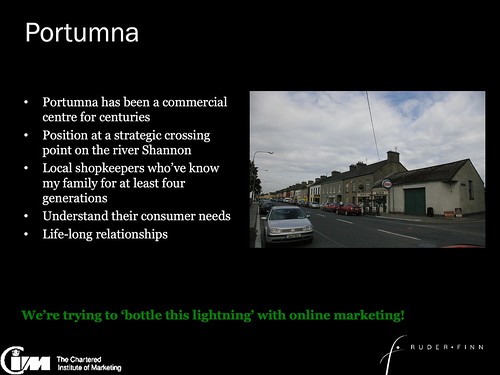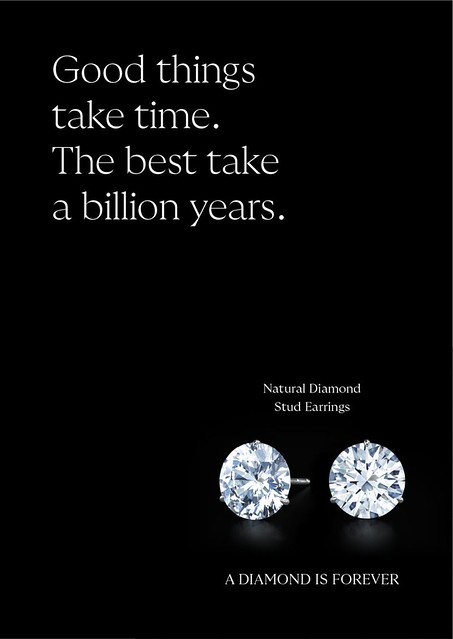Beauty masks
Beauty masks have been mainstreamed by the mainstreaming of Asian beauty culture norms. There isn’t the faff of having to make something up or smear something on. Instead, pop the mask on, leave it on for a specified time (usually 15 minutes) and peel off. If Switzerland is the home of fine watchmaking or chocolate; then South Korea is the home of beauty masks. Beauty masks are really relaxing to pop on whilst bingewatching a show or film series.
This footage of beauty mask manufacture in Busan South Korea intrigued me. I was surprised by how small scale production was in this factory, even though it’s a batch manufacture process, I was expecting greater scale given how ubiquitous Korean beauty masks are.
Beauty
China economy: What anger over top influencer says about China today – BBC News
Radiation concerns: Japanese skincare products under scrutiny | Daxue Consulting
China
The rise and fall of a Chinese-Canadian pop star – Macleans.ca – Wu seems to have been doing similar antics to the ‘Black Sun’ night club management in Seoul, I can understand why he faced jail time
WHO chief pushes China for ‘full access’ to solve Covid’s origins | Financial Times
Chinese defence minister under investigation for corrupt procurement | Reuters
Free speech law tackles Confucius interference | Telegraph Online – Confucius Institutes in focus
Chinese shadow bank exposed to troubled property developers | Financial Times
Chinese netizens outraged over Apple employee photo | Wen Hat
Consumer behaviour
How music emotionally affects us by Gresham College.
Why don’t people leave bad jobs? | Financial Times
Economics
Companies ease off on share buybacks as rising interest rates push up costs | Financial Times
Why don’t people leave bad jobs? | Financial Times
Energy
Toyota plans mass production of solid state battery for 2027 | EE News Europe
Finance
Rival banks unite to take on Big Tech | Financial Times
Gadgets
Can Echo Finally Break Through in Home Automation? – Amazon has expanded the Echo line to include models that are tailored to certain use cases and certain rooms – like small screen models for bedside, large screen models for kitchens, high quality speakers for living rooms and dens, and small, inexpensive models for everywhere. We see efforts to get Echos into multiple rooms in Amazon’s promotions, where they sold multiple device packages of the least expensive models in the early days, and aggressively discount a variety of models regularly throughout the year. Amazon clearly has room to go in pursuing this strategy. Nine years in, most Amazon Echo owners still have only one device. In the most recent twelve-month period, 69% of US Echo owners have one, and about one-quarter have two or three
Health
Mental health screens using AI | Axios – UK ahead of the US in use of apps for therapy
The Biden administration takes on the US drugs industry | Financial Times
Google DeepMind: Drug developers seek a structural advantage from AI | Financial Times
Hong Kong
China’s Language Police | Foreign Affairs
Innovation
Intel gearing up for glass substrate production for advanced packaging | DigiTimes
Those trying to pick AI winners should remember the dotcom days | Financial Times
Japan
Changes in the Japanese economy and economic activity
Korea
South Korean telco SK Broadband and Netflix call a truce • The Register
SK hynix exec denies doing business with Huawei • The Register
Suspected covert Chinese outpost sparks push for S. Korea ‘spy bill’ — Radio Free Asia
Luxury
Genesis Sells over 1 Million Cars – The Chosun Ilbo (English Edition): Daily News from Korea – Business > Business – as if German car manufacturers don’t have enough to worry about
‘The worst I’ve seen it for decades’: Australian wine glut leaves growers searching for new markets | Rural Australia | The Guardian – China continues to take a toll
Marketing
From followership to friendship: strategies for creating connection on TikTok | Mintel
Materials
Space Forge teams with Northrop Grumman for space materials | EE News Europe
Media
UK DAB+ receiver sales exceed 50m – The Media Leader – by comparison Ireland is rolling back its DAB network to rely on FM
BBC’s commercial arm to relaunch international news website | Financial Times
UK broadcasters develop free digital TV service to take on streaming | Financial Times and UK PSBs to launch ‘online Freeview’ in 2024 – The Media Leader – this will be important for multiple occupancy homes
Meme
Coca-Cola Releases Brand-New Flavor That Was Created by AI – Tech
Online
The murky world of online age certification raises privacy questions | Financial Times
Google faces multibillion-pound lawsuit from UK consumers | Google | The Guardian
You need to talk to your kid about AI. Here are 6 things you should say. | MIT Technology Review – a variant of sage advice for everyone
1. Don’t forget: AI is not your friend
2. AI models are not replacements for search engines
3. Teachers might accuse you of using an AI when you haven’t
4. Recommender systems are designed to get you hooked and might show you bad stuff
5. Remember to use AI safely and responsibly
6. Don’t miss out on what AI’s actually good at
EU fines TikTok €345mn for breaching children’s data rules | Financial Times
Retailing
Amazon debuts generative AI tools that helps sellers write product descriptions | TechCrunch
Security
There’s now a Clorox cleaning product shortage, thanks to hackers | Fast Company
Thales chief on the lookout for acquisitions | Financial Times
How Estonia’s Military Intelligence Secretly Helped Ukraine – VSQUARE.ORG
Former GCHQ chief joins security investment group Gallos as chair | Financial Times
Ukraine has provided the first “audit” of the US military | Quartz – “For 3% of the US defense budget, Ukrainians won the Battle of Kyiv, won the Battle of Kharkiv, won the Battle of Kherson, won about half of the territory that Russia invaded in February 2022”
Software
Adobe’s Firefly generative AI tools are now generally available – The Verge
Style
Peter Dundas’s label ceasing operations in the UK | Vogue Business
Race to the bottom? Temu takes on Shein worldwide | Vogue Business
Technology
Intel’s China-specific AI chip in huge demand | DigiTimes
Move over AI, quantum computing to be most powerful technology | VentureBeat – Leaders in the military and cybersecurity community believe that quantum computing could become a potentially serious threat in 4 – 6 years. Quantum computers have been proven to vastly outperform traditional computers on specific sets of problems. A vastly outperforming computer like this could pose a serious threat to cybersecurity across several critical industries like banking and logistics. While potentially impactful in the future, the technology is currently limited by a lack of ability to reduce probabilities of errors. Extreme temperatures required to operate the computers are also a barrier.
Web of no web
How Do You Connect an Ecosystem? | LBBOnline – how QRcodes are continuing to be extended for APAC consumers







